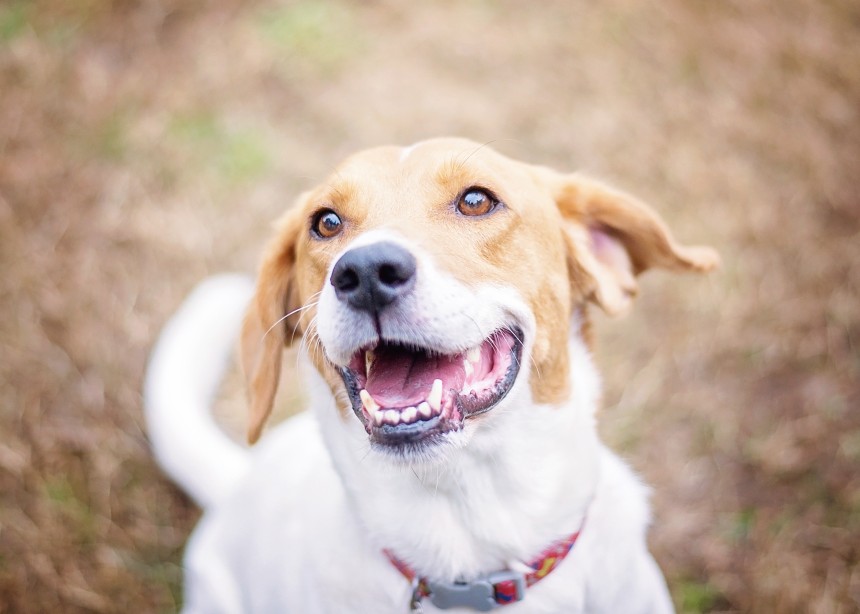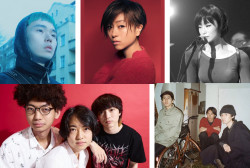
August 17, 2018
Adopt — Don’t Shop
Why buying pets from pet shops in Japan is inhumane and how you can adopt
By Paul McInnes
Metropolis talks to Elizabeth Oliver, founder of ARK (Animal Refuge Kansai), about adopting pets, animal welfare and why buying animals from Japanese pet stores isn’t the most informed or humane choice.
Metropolis: How have things changed for you and ARK since it was established in 1990?
Elizabeth Oliver: In personal terms, I am less hands-on nowadays and more involved in management. People are much harder to deal with than animals. Since 1990 we have expanded, with Tokyo ARK established in 2005, and more recently the still-under-development new site in Sasayama (Hyogo Prefecture). The number of animals requiring adoption has not decreased and we basically take in animals from individuals, mostly for genuine reasons; owner dies or is hospitalized or goes into an old person’s home, bankruptcy, divorce, allergies, moving houses or other reasons. Sometimes they bought a puppy without considering how big it would become, the dog is uncontrollable, or their housing doesn’t allow pets.
Nowadays we are facing the problems of Japan’s ageing society, older owners having to give up their pet, which may be old itself, which means there’s less chance of finding a new home and there are higher vet bills.
We are still up against pet shops and breeders, where most Japanese go when they want a pet. Neatly packaged, like buying a car or TV, they can choose by color, size, pattern and price, although animals bought this way come with a package of problems too — in-breeding related health problems, psychological problems and immunity problems.
While around 20 percent of our adopters in the Kansai region are foreigners, in Tokyo it is around 60 percent, since most foreigners choose to go to a shelter rather than a pet shop when they choose to adopt a pet. Most of our Tokyo adopters are connected with embassies or large companies, so when they return to their home countries, they take that dog or cat with them. So ARK animals can now be found in many countries around the world.
M: Does Japan have caring policies towards pets? In terms of adoption, animal protection and so on.
EO: Japan lacks proper animal protection legislation and has even less implementation. In Britain for example, which is where I am from, in 2013 there were 1,371 prosecution cases for animal cruelty while in Japan between 2000 and 2013 there were annually only 13 cases. Britain’s first animal welfare law was in 1822 and there are now around 90 laws concerning animal welfare. Japan’s only “animal control law” was brought in hurriedly before Queen Elizabeth’s visit to Japan in 1973. It has now been amended and called the Doobutsu Aigo Law. Most local authorities, often employing vets, do not understand the meaning of cruelty or how to define it. Much of the cruelty in Japan is due to ignorance (i.e. leaving a dog tied up in 40 degree sun without shade or water).
M: How strict is ARK with potential adoptive households? I noticed you ask people to complete a questionnaire and send photos and information about their homes. Do many people fail this process?
EO: ARK is very strict about adoption, we have a four page questionnaire. We also ask people to bring pictures, housing contracts (to make sure pets are allowed) and we ask to meet ALL members of the family. In the interview we can get a feeling about this family, peoples’ life-styles, and in the case of kids, how much control the parents have over them. In the case of elderly people we would ask if a friend or relative would be able to care for their pet if anything happened to them and to meet that person too. We would recommend they adopt an older animal rather than a kitten or puppy. Sometimes we do home checks.
M: Are Tokyo and Osaka good locations for pets? Homes are often small and there are not a lot of free spaces for animals. Is it wise for families to have pets in these areas?
EO: Of course, we recommend animals which will suit a family’s lifestyle and this includes the type of housing they have. We hope that dogs can be kept inside as a member of the family and we never let a dog go out as a ban-ken, to be kept on a chain. In the case of cats, we ask people to keep them inside as there are so many dangers for cats outside (poisoning, traffic accidents, unhinged individuals mutilating cats and so on). If we don’t allow pets to be adopted in large cities, people will simply go and buy one in a pet shop.
M: Do you have a message for people who want to adopt pets in the Kanto or Kansai regions?
EO: Please consider adopting rather than shopping for a pet. ARK has a selection of orphaned dogs (all shapes and sizes) and cats in need of a caring loving home. We say “shelter animals love you more.” This is true. Tokyo has weekly adoption fairs, please check our homepage for details.
M: Does ARK have any projects or news happening this year that readers of Metropolis would be interested in?
EO: ARK will join the British Fair at Hankyu Department Store in Osaka starting October 10 for a week. In Tokyo we have two to three adoption fairs per month and also visit international schools. We will participate in the “animal blessing ceremony” at the Franciscan Chapel Center in Roppongi again this year, being held on September 30.
Read more about Animal Refuge Kansai and see some of the pets currently available for adoption at their website: www.arkbark.net







